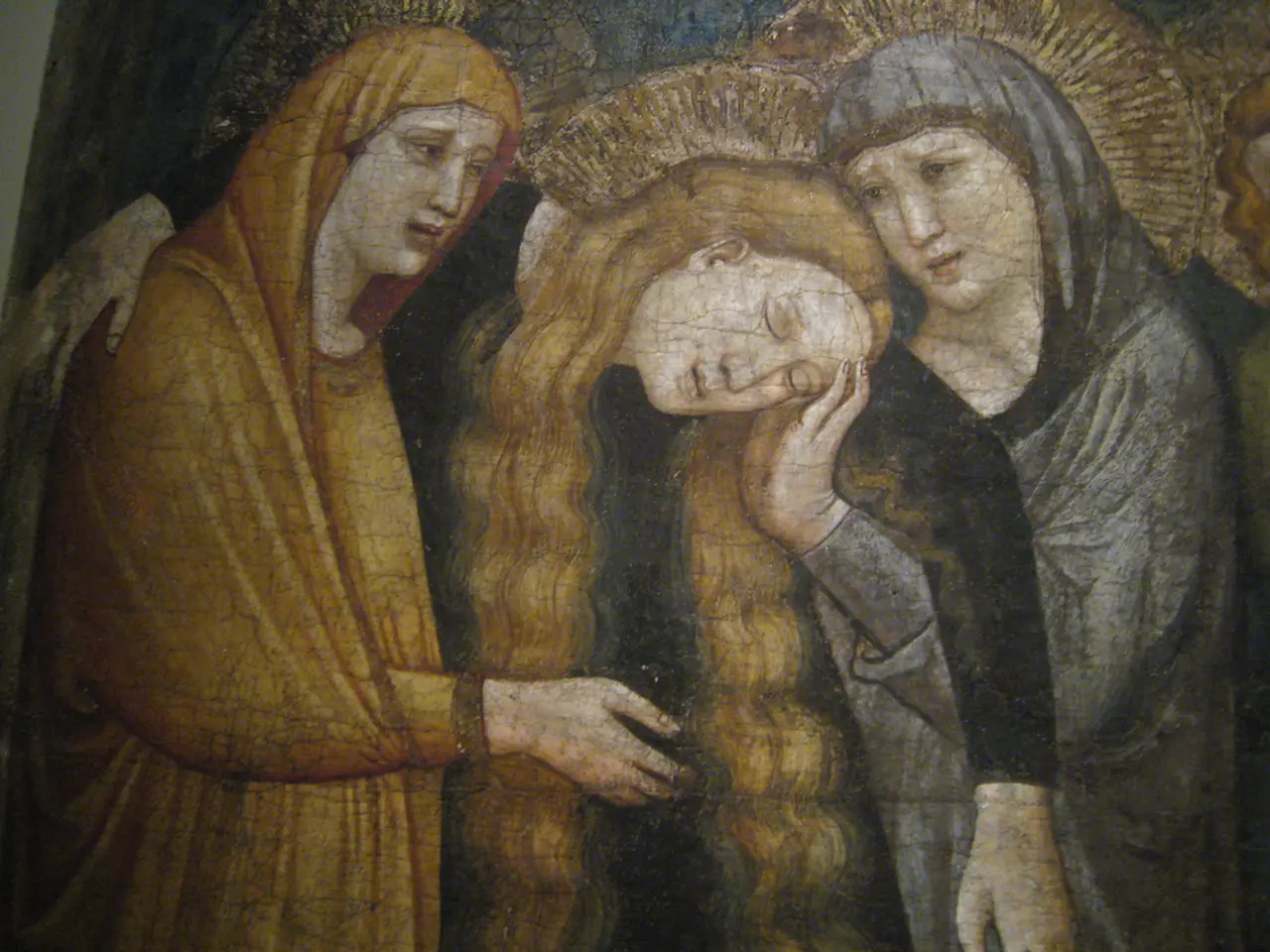Impact of Art on Society: Influence on Cultural Norms, Self-Expression, and Social Transformation
Art, a vibrant and dynamic medium, significantly impacts society, culture, and individual well-being. It serves as a mirror reflecting societal values, fostering dialogue, and inspiring change.
### Reflecting Societal Values and Documenting History
Art often mirrors the values and beliefs of a society, showcasing what people care about and aspire to be. Pieces like Pablo Picasso's iconic "Guernica," which vividly depicts the horrors of war during the Spanish Civil War, raise awareness and foster an emotional response that encourages viewers to contemplate the impact of violence.
Public installations and community art projects also play a crucial role in reflecting community struggles and aspirations. These initiatives bring people together, promoting collaboration and understanding while addressing social issues.
### Promoting Dialogue and Change
Art is a powerful tool for social commentary and advocacy, capable of fostering dialogue, awareness, and ultimately, social change. Van Gogh's works, such as "Starry Night," not only reflect the artist's personal struggles but also contribute to broader cultural and historical narratives, inspiring engagement with art as a tool for healing and community building.
### Enhancing Individual Well-being
Art plays a significant role in individual well-being, uplifting spirits, enhancing mental health, and inspiring personal growth. Engaging with art can help reduce stress and anxiety, improve mood, and enhance self-expression.
Initiatives like the "Art Pharmacy" in San Diego use social prescribing to address health challenges by connecting people with arts and culture engagements. This approach shows potential for transforming healthcare systems by emphasizing non-clinical community activities.
### Cultivating Creativity and Innovation
Art cultivates creativity and innovation, encouraging individuals to express themselves freely and fostering fresh ideas and unique solutions. It significantly boosts cognitive skills, encouraging observation, analysis, and interpretation.
### Fostering Community and Belonging
Art also fosters community and belonging, connecting individuals through shared experiences. Public art projects, for instance, can bring together diverse groups of people, promoting understanding across cultures.
In conclusion, art serves as a powerful tool for mental and emotional health, culture, expression, and change. It reflects societal values and beliefs, documents history, facilitates dialogue and connection, and inspires action and movements. Whether it's a masterpiece hanging in a gallery or a mural on a city street, art continues to play a vital role in our lives.
Education and self-development can benefit significantly from engaging with art, as it encourages personal growth, promotes self-expression, and enhances mental health. Learning art history and analyzing different pieces can help individuals develop critical thinking and problem-solving skills, while participating in community arts projects can foster collaboration and understanding among various groups. Furthermore, studying art can deepen one's understanding of different cultures, social issues, and historical narratives, thereby providing opportunities for personal development and societal transformation.




